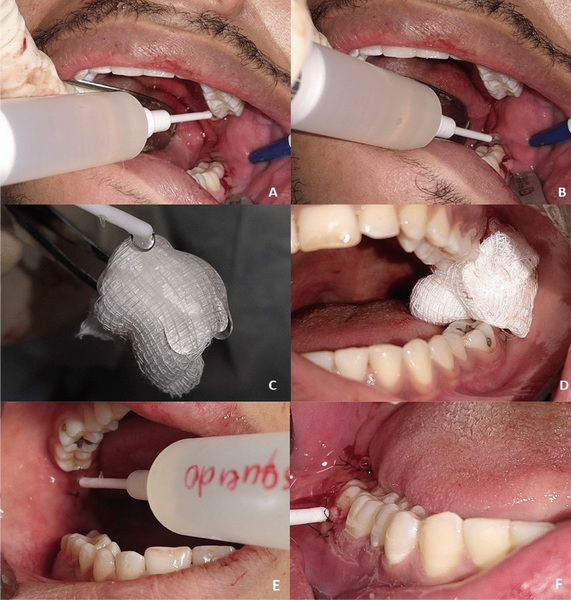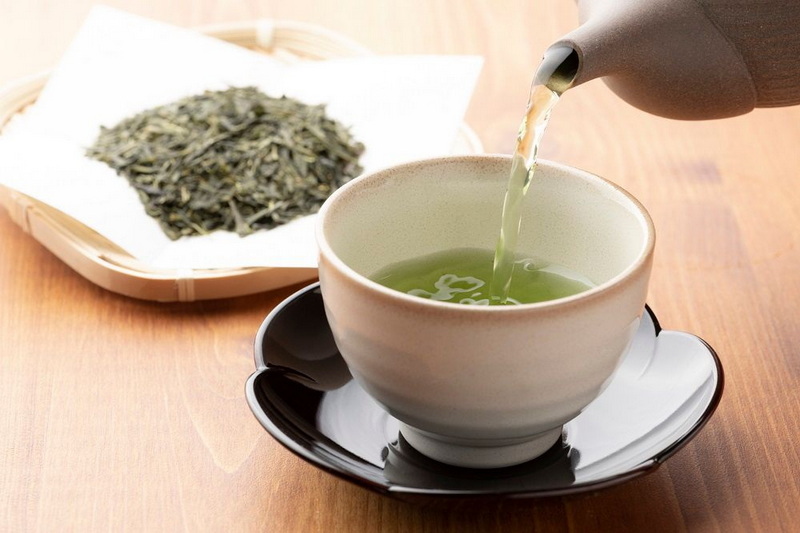Content Menu
● Understanding Tooth Extraction and Recovery
>> Importance of Post-Extraction Care
● Can You Drink Green Tea After Tooth Extraction?
>> Immediate Post-Extraction Guidelines
>> Benefits of Drinking Green Tea
● Evidence-Based Benefits of Green Tea
● Types of Tea Suitable for Post-Extraction Recovery
● Tips for Drinking Tea After Tooth Extraction
● Additional Considerations When Consuming Green Tea
>> Potential Risks
>> Alternatives to Green Tea
● Conclusion
● FAQ
>> 1. How long should I wait before drinking green tea after tooth extraction?
>> 2. Can drinking hot green tea cause complications after an extraction?
>> 3. Are there any specific types of green tea that are better for recovery?
>> 4. What should I do if I experience pain after drinking green tea?
>> 5. Is it okay to add honey or lemon to my green tea after extraction?
● Citations:
Tooth extraction is a common dental procedure that many people undergo for various reasons, including decay, infection, or crowding. After the extraction, patients often have questions about their diet and what they can safely consume during recovery. One popular beverage that comes up in these discussions is green tea. In this article, we will explore whether it is safe to drink green tea after a tooth extraction, the benefits and risks associated with it, and provide guidelines for a smooth recovery.

Understanding Tooth Extraction and Recovery
Tooth extraction involves the removal of a tooth from its socket in the bone. After the procedure, a blood clot forms in the socket to protect the underlying bone and nerves while healing occurs. Proper post-extraction care is crucial to avoid complications such as dry socket, which can be painful and delay healing.
Importance of Post-Extraction Care
- Blood Clot Formation: The blood clot is essential for healing. Dislodging it can lead to complications.
- Hydration: Staying hydrated is important for recovery but not all beverages are suitable immediately after the procedure.
- Dietary Restrictions: Certain foods and drinks should be avoided to prevent irritation at the extraction site.
Can You Drink Green Tea After Tooth Extraction?
Immediate Post-Extraction Guidelines
1. Avoid Hot Beverages: Immediately after a tooth extraction, it is advisable to avoid hot beverages, including hot green tea. The heat can dissolve or dislodge the blood clot, leading to complications.
2. Wait 24-48 Hours: It is generally recommended to wait at least 24 to 48 hours before consuming any type of tea. During this time, stick to room temperature or cool liquids.
3. Choose the Right Temperature: Once you start drinking tea again, ensure it is lukewarm or cold to minimize risks.
4. Avoid Additives: If you add sugar or lemon to your tea, be cautious. Sugar can promote bacterial growth while acidic additives like lemon may irritate the extraction site.
Benefits of Drinking Green Tea
Once you have passed the initial recovery period, drinking green tea can offer several benefits:
- Anti-inflammatory Properties: Green tea contains antioxidants and anti-inflammatory compounds that may help reduce swelling and promote healing.
- Hydration: Staying hydrated with green tea can be soothing and help maintain overall health during recovery.
- Comforting Effect: A warm cup of tea can provide comfort during the healing process.

Evidence-Based Benefits of Green Tea
Recent studies have shown that green tea may offer additional benefits post-extraction:
- Hemostatic Properties: Green tea has been found effective in controlling bleeding after tooth extractions due to its tannin content, which promotes blood clotting and reduces oozing from the socket[1][4].
- Pain Reduction: Research indicates that patients who used green tea extract reported significantly less pain compared to those who didn't use it[1][4]. This suggests that green tea could be an appropriate choice for post-operative pain management.
- Antimicrobial Effects: Green tea also possesses antimicrobial properties that inhibit the growth of bacteria like *Staphylococcus aureus* and *Pseudomonas aeruginosa*, reducing the risk of infection at the surgical site[1][2].
Types of Tea Suitable for Post-Extraction Recovery
While green tea can be beneficial after the initial recovery period, other types of tea may also be suitable:
- Chamomile Tea: Known for its calming effects and anti-inflammatory properties, chamomile can help reduce swelling and provide a soothing effect.
- Peppermint Tea: Offers natural pain-relieving properties and can be quite soothing when consumed at a safe temperature.
Tips for Drinking Tea After Tooth Extraction
1. Follow Dentist's Instructions: Always adhere to your dentist's specific post-extraction care instructions.
2. Avoid Straws: Drinking through a straw creates suction that can dislodge the blood clot; sip directly from the cup instead.
3. Monitor Your Recovery: If you experience any unusual symptoms after consuming tea, contact your dentist for advice.
4. Maintain Oral Hygiene: Keep your mouth clean but avoid direct brushing around the extraction site until advised by your dentist.
5. Gradual Introduction: Start with small sips of lukewarm or cold tea before gradually increasing your intake as you feel comfortable.
Additional Considerations When Consuming Green Tea
Potential Risks
While green tea has many benefits, there are some considerations to keep in mind:
- Staining Potential: Like other teas, green tea contains tannins that may stain teeth over time if consumed excessively[2].
- Sugar Content: Be mindful of added sugars in flavored teas as they can contribute to cavities and negate some health benefits[2].
Alternatives to Green Tea
If you're looking for alternatives during your recovery period:
- Herbal Teas: Herbal options like ginger or chamomile teas are caffeine-free and have anti-inflammatory properties without risking irritation at the extraction site.
- Broths and Soups: These can provide hydration and nourishment without putting stress on your mouth during recovery.
Conclusion
In summary, while it is generally safe to drink green tea after a tooth extraction, caution should be exercised during the initial recovery phase. Avoid hot beverages for at least 24 to 48 hours post-extraction to prevent dislodging blood clots and causing complications. Once you are past this critical period, enjoy green tea's benefits by ensuring it is at a safe temperature and free from irritating additives. Always consult with your dentist if you have any concerns about your recovery process.

FAQ
1. How long should I wait before drinking green tea after tooth extraction?
You should wait at least 24 to 48 hours before consuming any type of tea after a tooth extraction to allow for proper healing.
2. Can drinking hot green tea cause complications after an extraction?
Yes, hot beverages can dissolve or dislodge the blood clot formed in the socket, leading to complications like dry socket.
3. Are there any specific types of green tea that are better for recovery?
While any mild green tea is generally fine, opt for those without added sugars or acidic flavors during your recovery period.
4. What should I do if I experience pain after drinking green tea?
If you experience increased pain or discomfort after consuming green tea, contact your dentist for further evaluation.
5. Is it okay to add honey or lemon to my green tea after extraction?
Be cautious with honey due to its sugar content; lemon should be avoided as its acidity may irritate the healing site. It's best to drink plain or mildly sweetened teas initially.
Citations:
[1] https://dimensionsofdentalhygiene.com/evidence-based-benefits-of-green-tea/
[2] https://www.smileseaside.com/2023/02/24/green-tea-affects-oral-health/
[3] https://royalimplant.com/blogs/tea-and-coffee-after-extraction/
[4] https://pmc.ncbi.nlm.nih.gov/articles/PMC4082946/
[5] https://www.dnadentalstudio.com/can-i-drink-tea-and-coffee-after-tooth-extraction/
[6] https://creating-smiles.com/can-i-drink-tea-after-tooth-extraction/
[7] https://www.nature.com/articles/s41598-024-57821-5
[8] https://www.oralsurgeryarizona.com/can-tea-stop-bleeding-after-wisdom-teeth-extraction/
[9] https://pmc.ncbi.nlm.nih.gov/articles/PMC3720195/
[10] https://www.edentalperth.net.au/tooth-extraction-tea-bag-stop-bleeding/






























